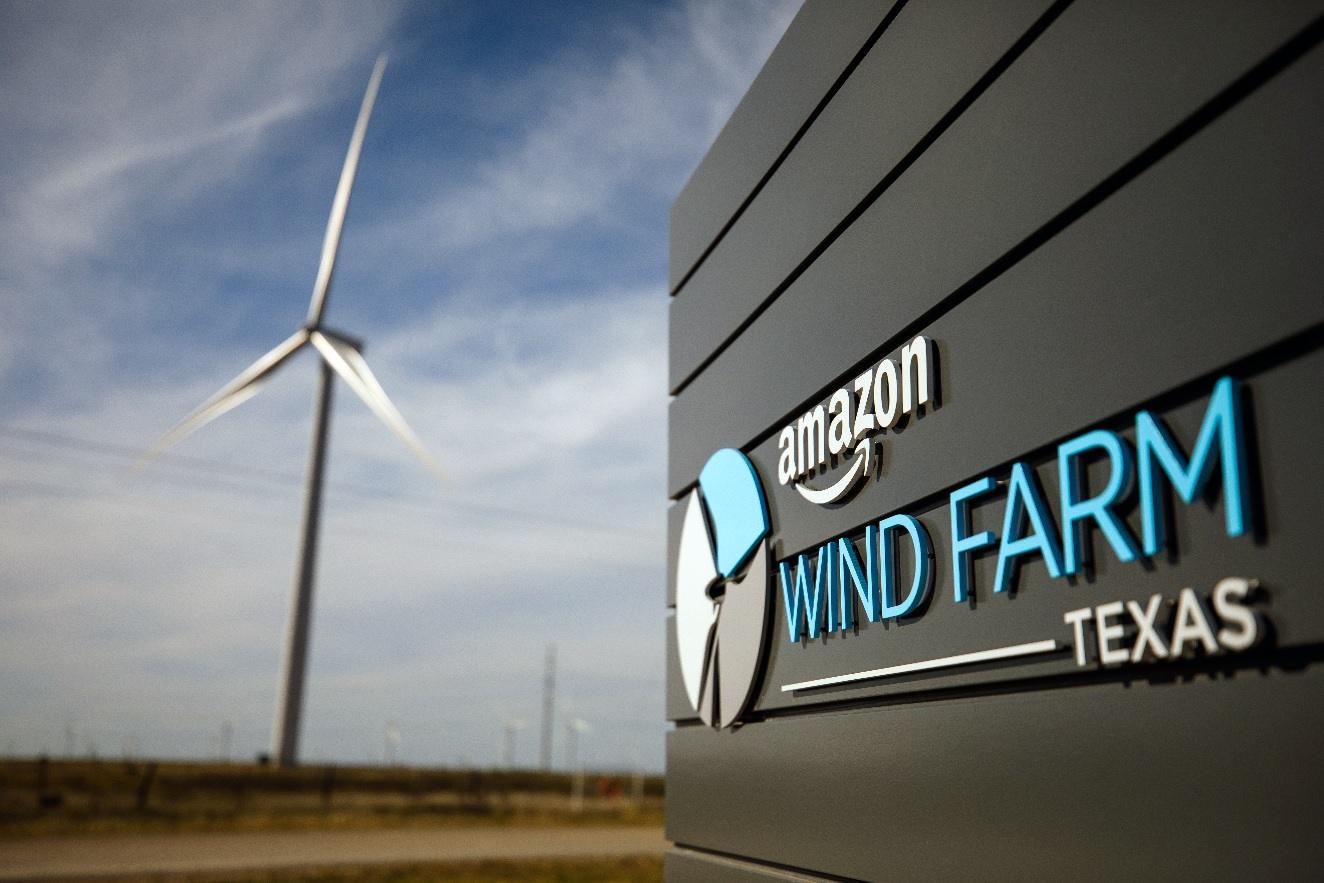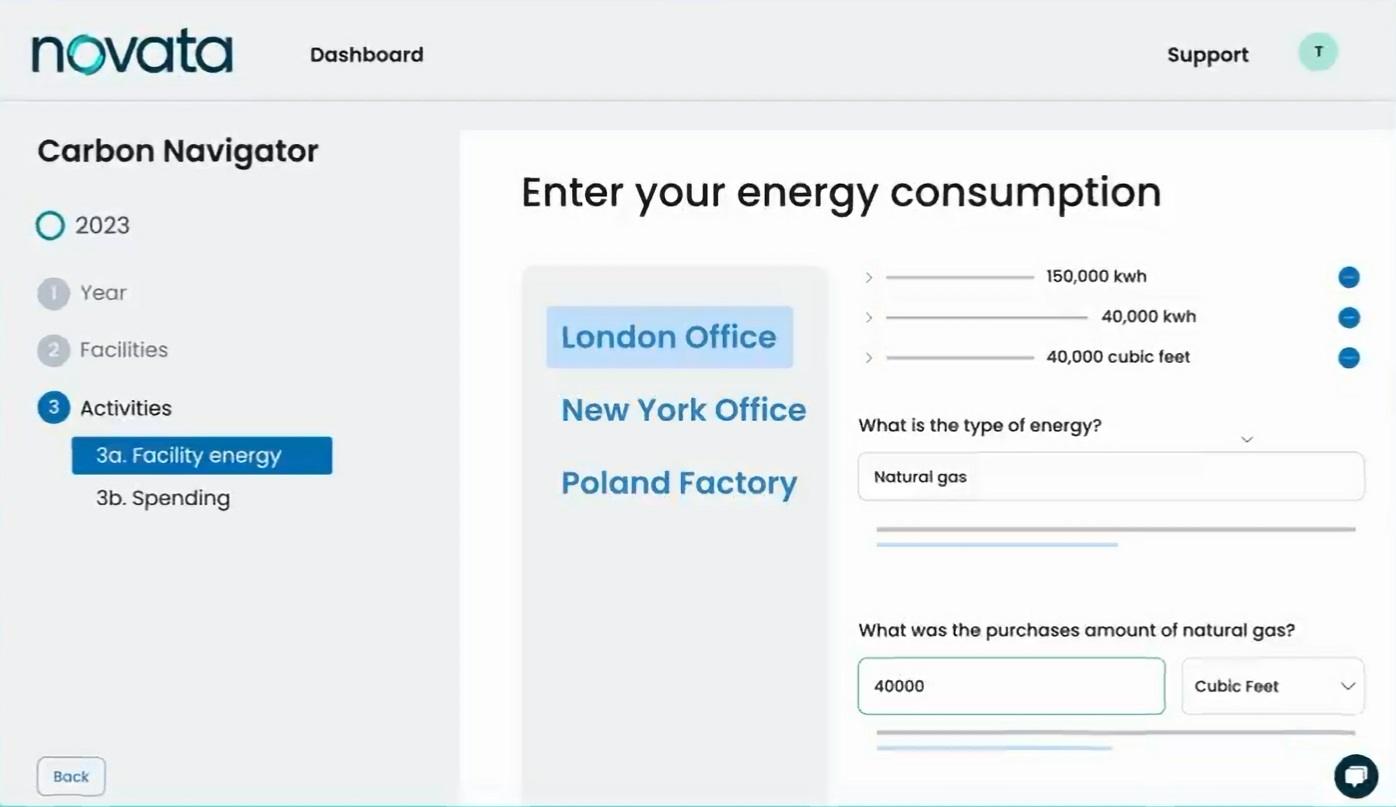KPMG Launching Climate Accounting System, Enabling Clients to Measure GHG Emissions
Professional services firm KPMG announced the launch of Climate Accounting Infrastructure, a new blockchain-based capability, aimed at helping the firm’s clients to more accurately measure, mitigate, report and offset their greenhouse gas emissions.
KPMG stated that CAI will integrate an organization’s existing systems, including IoT sensors, with external data sources to establish a verifiable trail of emissions and offsets recorded on blockchain. In addition, the system will utilize trusted, real-time environmental data and advanced analytics to model the impact of climate risks on business operations and financial performance.
The firm said that it is working with several organizations to bring CAI’s capabilities to market, including climate technology companies including industry groups and large technology players. Additionally, KPMG is working with several climate technology companies such as blockchain-enabled platform provider Context Labs, building management platform provider Prescriptive Data, and infrastructure and environmental assets solutions company Allinfra.
Mike Hayes, KPMG’s Global Renewables leader, said:
“Modernizing ESG practices is becoming a priority for every industry, from energy to technology to healthcare to retail, to support both financial performance and resilience. As a result, global organizations are looking to integrate environmental and financial risks associated with the cost of carbon into their real estate portfolio approach, using emerging technologies to validate their data and strategy.”
According to KPMG, the new capability is being rolled out as organizations are increasingly expected to meet capital markets investors’ ESG demands, while they also face evolving and expanding carbon emissions requirements.
Arun Ghosh, KPMG’s U.S. Blockchain leader, said:
“As investors broaden their focus beyond financial factors to include ESG practices, organizations are increasing efforts to reducing carbon footprints, alongside transparent disclosure of progress. Trusted reporting capabilities, such as those enabled by Climate Accounting Infrastructure, will be critical to meet stakeholder expectations and to comply with emerging regulations.”





